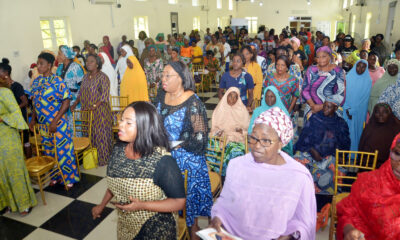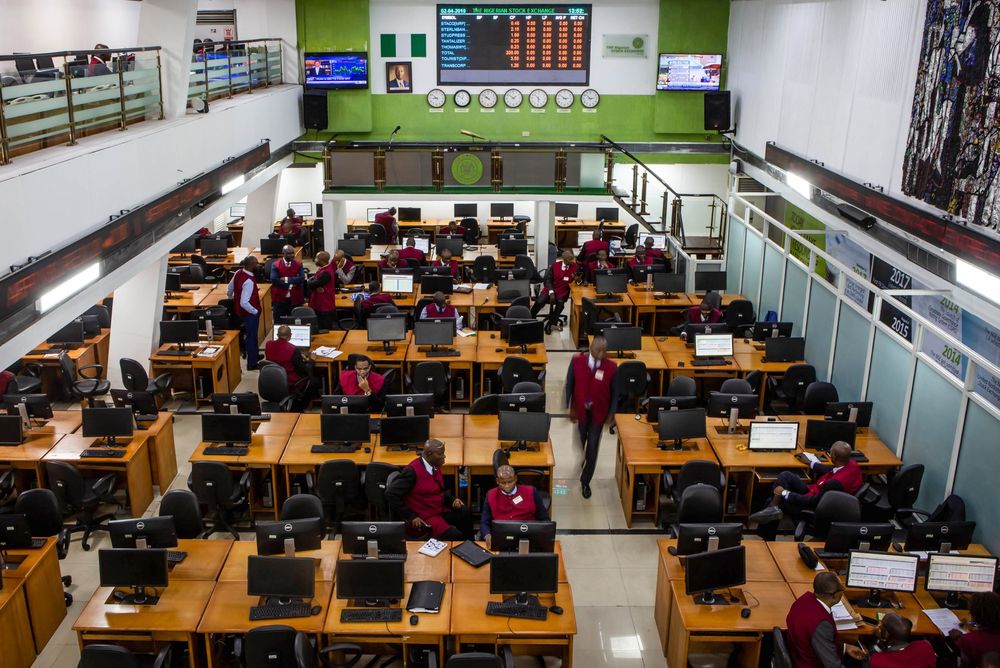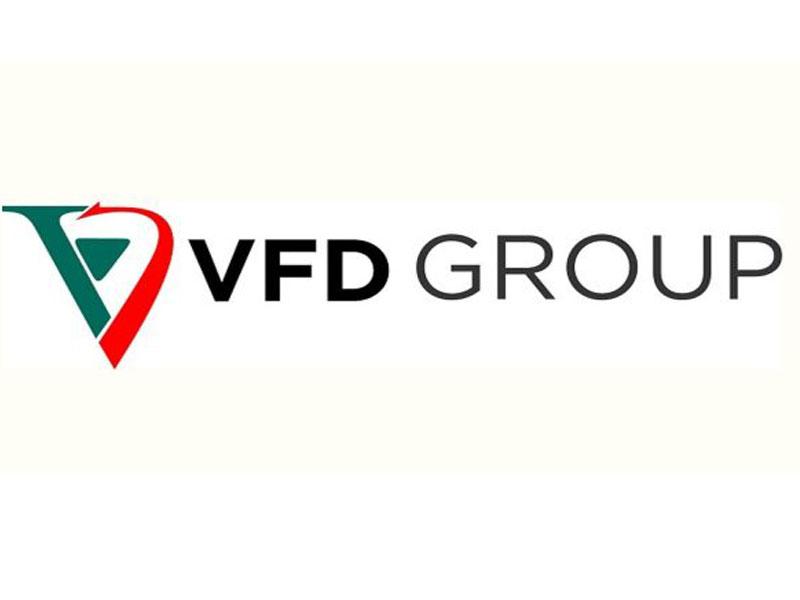Stock Market
Insider Dealing: N7 Billion Dumps on FCMB Stocks
Investors purchased shares worth N7 billion in FCMB Group Plc in the last two trading sessions.

Nigerian Exchange Limited
Nigeria’s Market Falls 1.09% Amid Decline in Key Sectors
Dividends
Zenith Bank to Pay N109.88bn Dividends to Shareholders for 2023
Nigerian Exchange Limited
VFD Group Plc’s Rights Issue Listed on NGX’s Daily Official List
-

 Forex2 weeks ago
Forex2 weeks agoZiG to the Rescue: Zimbabwe Shifts Gear with New Currency Backed by Gold
-



 Naira1 week ago
Naira1 week agoDollar to Naira Black Market Today, April 9th, 2024
-

 Naira4 weeks ago
Naira4 weeks agoDollar to Naira Exchange Rate at Black Market Today, March 21st, 2024
-

 Company News4 weeks ago
Company News4 weeks agoNNPC Gears Up for Public Listing, Embraces Full Commercialization
-





 Naira2 weeks ago
Naira2 weeks agoDollar to Naira Black Market Today, April 8th, 2024
-

 Billionaire Watch1 week ago
Billionaire Watch1 week agoNigerian Billionaire Tony Elumelu Contemplates Acquiring NPFL Club
-





 Naira1 week ago
Naira1 week agoNaira Hits Eight-Month High at 1,120/$ Amidst Central Bank Reforms
-





 Naira3 weeks ago
Naira3 weeks agoDollar to Naira Black Market Today, March 26th, 2024






















